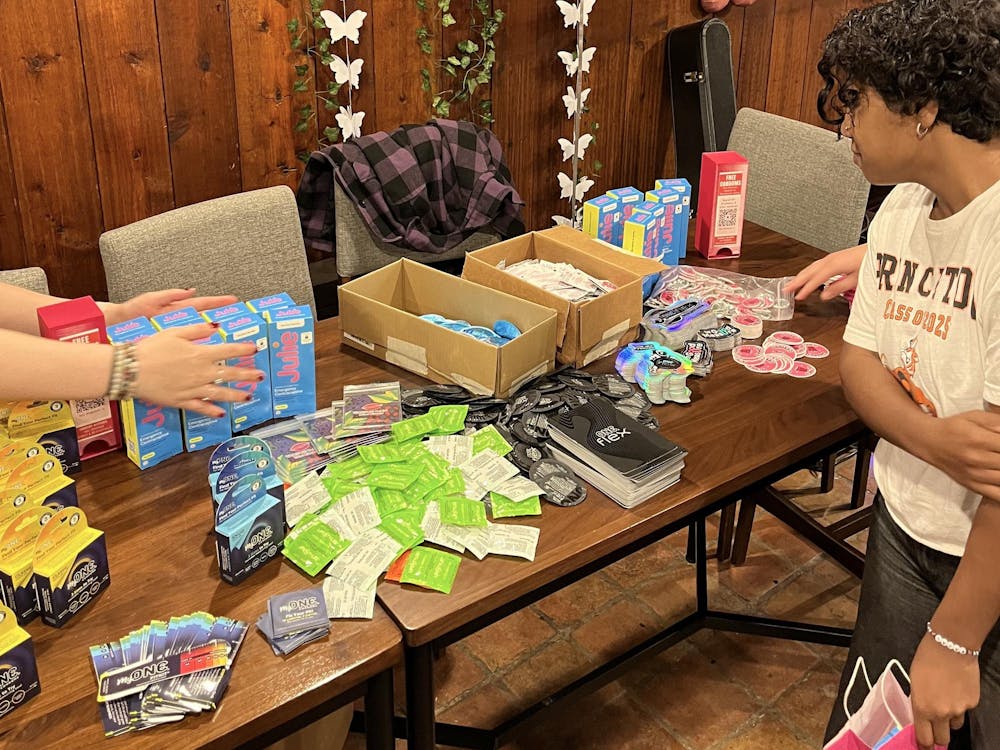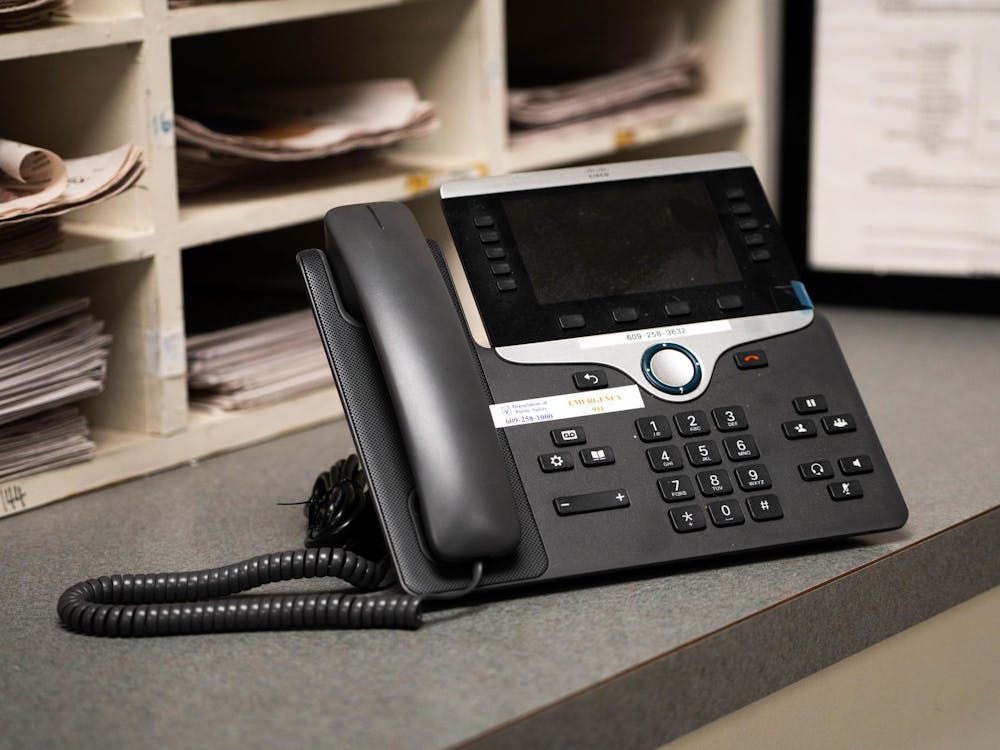Late Meal and dining hall weekend brunch hours have been extended, and dining hall food options will now more closely reflect student preferences in response to recommendations from an Undergraduate Student Government University Student Life Committee report released last March.
Sunday brunch now begins at 10 a.m. in every dining hall, an hour earlier than in previous years, and Saturday brunch will continue to open at 10 a.m.
Late Meal lunch hours have been extended to last until 3:45 p.m. Late Meal lunch, which operates from Monday to Friday, previously ran from 2 p.m. to 3:30 p.m. Late Meal dinner hours remain the same — 8:30 p.m. to 10 p.m.
In addition, food served in the dining halls during heritage months such as African American History Month, National Native American Heritage Month and National Hispanic Heritage Month will more closely reflect the heritage in question, as will ingredients used to make the food, USG president Ella Cheng ’16 said.
She added that educational materials on the culture-related food will also be provided to further inform students.
Cheng is a former staff writer for The Daily Princetonian.
The USLC Food Survey Report stated that the project’s purpose is to recognize the student body’s demand for a wider range of food options in the dining hall. The report was part of the USLC’s 2014-2015 academic initiative to work with Campus Dining to increase the frequency of students’ preferred foods.
In particular, the report recommended an increase in the variety of fresh fruits, more avocados and guacamole and a smoothie bar.
USLC report project leader Jianing Cheng ’17 explained that the USLC convenes a meeting at the beginning of the semester where members determine top priorities and projects to work on for the upcoming semester. Part of the process involves speaking to various students on an individual basis to identify key issues for change, and students were very eager to see improvements in Campus Dining.
“We decided that a comprehensive report of what the students would like to see served in the dining hall would be a good way to convey student interests and needs to the dining services,” Jianing Cheng said.
The survey portion of the report utilized the polling platform AllOurIdeas to crowdsource ideas from the undergraduate population as well as to measure the popularity of certain options. The survey was made available to undergraduate students for two weeks starting on Feb. 24 through a school-wide email sent by Ella Cheng, with the most activity occurring between Feb. 24-27 of last spring.

Both USLC chair Kathy Chow ’17 and Jianing Cheng noted that one benefit of AllOurIdeas is that students could propose their own ideas to be considered in the poll.
“One of many things I wanted, coming into USLC, was that we are not just going to lobby things,” Chow said. “We are actually going to do some research, write up a report and have substantial evidence to present to the administration.”
Chow said the USLC presented the findings of the report to Executive Director of Campus Dining Smitha Haneef after Haneef reached out to Ella Cheng and USG to discuss Campus Dining. Chow said the meeting allowed campus dining administrators to share with USG their plan for Campus Dining with regard to sustainability and promoting healthier foods in the dining hall, and also gave the USLC the opportunity to present its food survey report.
Haneef did not respond to multiple requests to comment.
Jianing Cheng said that when she personally met with Haneef, Haneef was delighted by the report.
“[Haneef] was telling me how a lot of the things can only take off if it is a new year, how a lot of planning goes into it and that the report was very helpful in helping her see what she can focus on for the new semester,” Jianing Cheng said. “I personally feel that the report is very effective in helping her make these improvements.”
Ella Cheng noted that she has already seen many changes that have been implemented in the dining hall this past year, including an effort to make halal food more available to students.
Ella Cheng said that Haneef has always been willing to listen to feedback and work with students to bring change in the dining hall, noting that when there was an issue of a lack of halal food, she had just come into the executive director position and was willing to listen. There is now halal food in the dining halls.
Ella Cheng added that the conversation generated from the USLC Food Survey Report started a conversation with Campus Dining about the potential of creating an ongoing student advisory board to provide feedback on dining issues.
“It is really hard to discuss change if you don’t have a body that is persistent to provide students an official forum to convey feedback,” she said.
Ella Cheng is co-chair of the Student Advisory Board with Haneef along with committee members Scarlett Grabowska ’17, Reka Zempleni ’16, Kathryn Little ’16 and Sarah Beytelmann GS.
“The function of the student advisory board will provide an official and long-term forum to allow students to talk to Smitha Haneef directly about what changes we want to see in the dining halls,” Ella Cheng said.
Ella Cheng said the Student Advisory Board has not yet met and is currently coordinating the first meeting for the next week or two.
“I just hope it is going to be a way to permanently institutionalize the channel of feedback with Campus Dining,” she said. “I think that often there is this perception amongst students that Campus Dining is not very responsive or receptive to feedback. I’m happy to say that is completely the opposite.”








